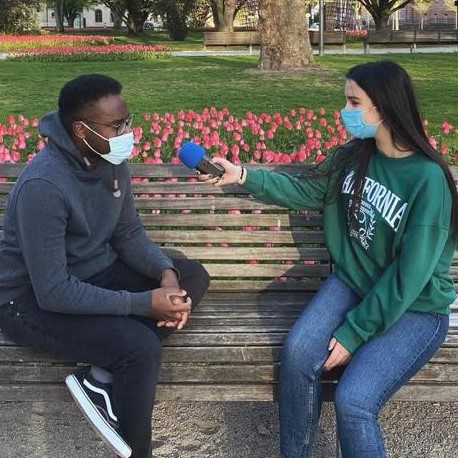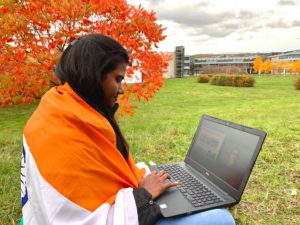 This question about male and female leadership styles is prompted by a female Indian sultan who ruled from 1236. Welcome to Show 309 of Absolutely Intercultural, the show about all things intercultural. Today I’m very happy to be talking once again with Fahad Siddiqui who I last spoke to in 2023 about his plan to teach children about amazing historical figures from all around the globe. So how have children been reacting to stories about the world’s richest man or Razia Sultana, the Indian Sultan?
This question about male and female leadership styles is prompted by a female Indian sultan who ruled from 1236. Welcome to Show 309 of Absolutely Intercultural, the show about all things intercultural. Today I’m very happy to be talking once again with Fahad Siddiqui who I last spoke to in 2023 about his plan to teach children about amazing historical figures from all around the globe. So how have children been reacting to stories about the world’s richest man or Razia Sultana, the Indian Sultan?
absolutely successful
Fahad’s company, which is now called Young Trees, has many different aspects including children’s books, a commitment to sharing profits and now a lesson planning tool for teachers, so this was a chance for me to catch up with how things were going and also to ask about the latest book and the new AI tool. So in our first segment, absolutely successful, I asked Fahad how the untold stories of ancient heroes had gone down with teachers and children.
absolutely timely
One reason that Young Trees has several strands is that they are concerned about both the long and the short term; the long term is the effect of the books, while the short term includes their partnership with the charity CamFed in order to achieve immediate benefit. In our next segment, absolutely timely, I started by asking Fahad about what he hoped the effect of his books would be on his young readers by the time they got to young adulthood?
absolutely engaging
As I was looking through the new Young Trees website, I was very interested to see their new lesson planner tool, Bambu which is focused on creating offline learning experiences. So I asked Fahad about this in our final segment, absolutely engaging.
What about you? Who are your historical heroes? Are they mostly from your own country? Have any of them shaped your thinking about for example, male and female roles? If you have a story to tell on this or any related topic then don’t hesitate to get in touch or leave a comment here where you can also listen to all our previous shows. We are also on Apple podcasts and Spotify where you can give us a rating. And if you enjoyed the show, please like us on Facebook too.
Our next show will be coming to you, as usual, on the first Friday of next month, September 5th.
Until then, stay tuned!
Produced by Anne Fox




 Hello and welcome to show 262 of our podcast “Absolutely Intercultural”. Today we will talk about
Hello and welcome to show 262 of our podcast “Absolutely Intercultural”. Today we will talk about  Hello and welcome to show 257 of Absolutely Intercultural,
Hello and welcome to show 257 of Absolutely Intercultural, 
